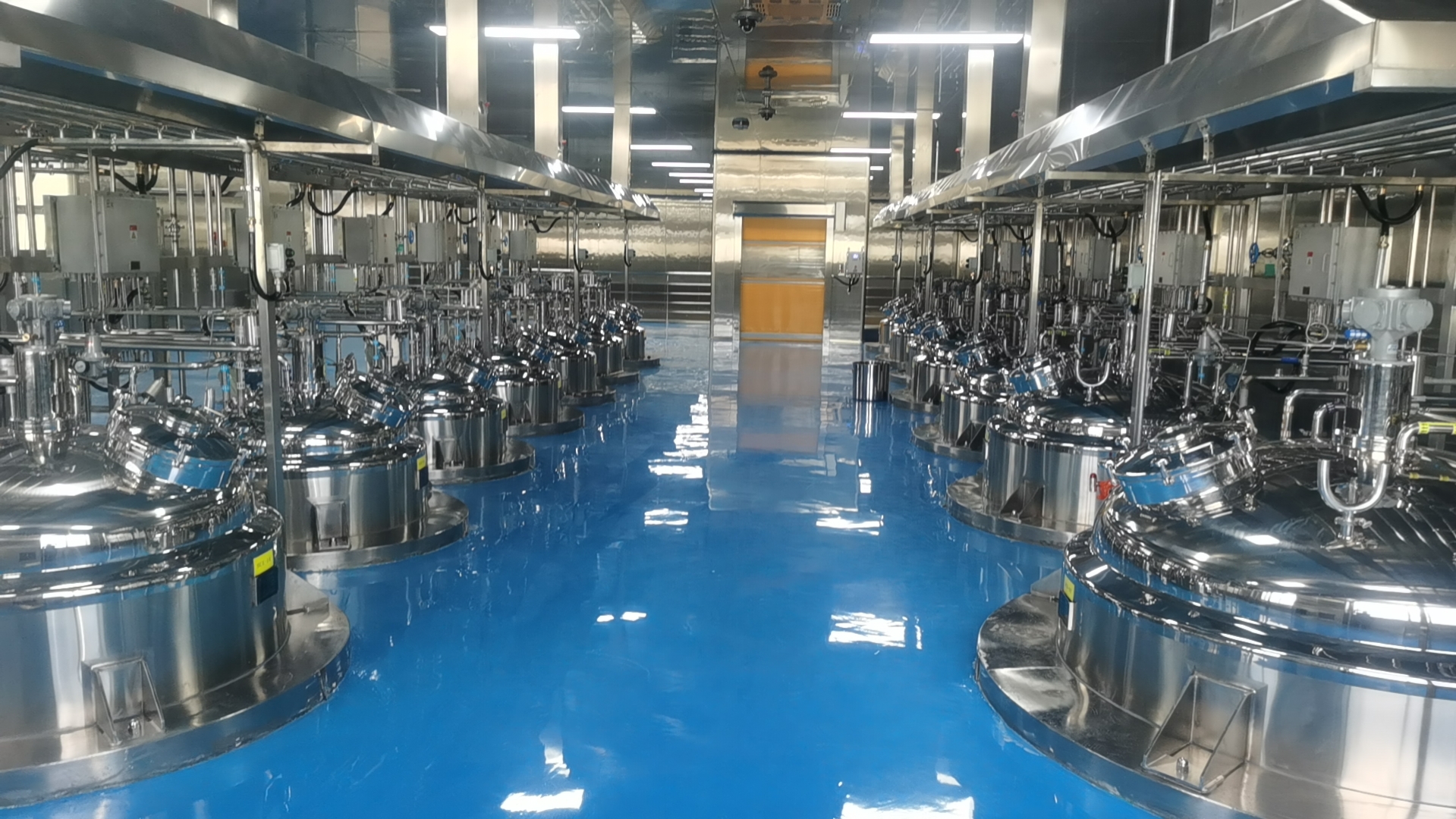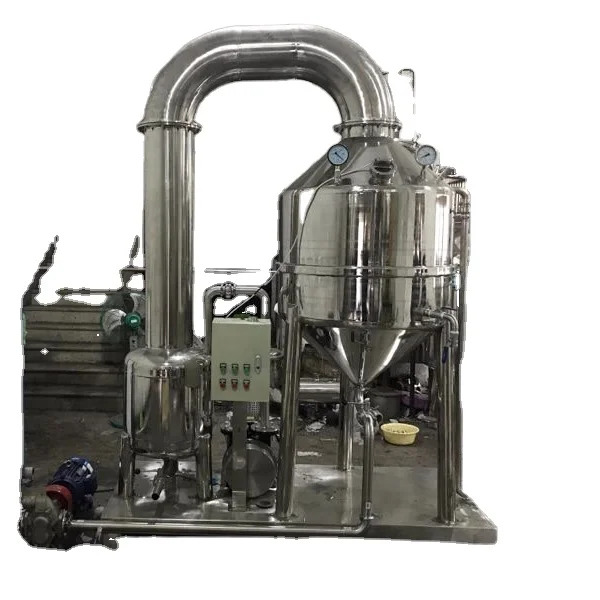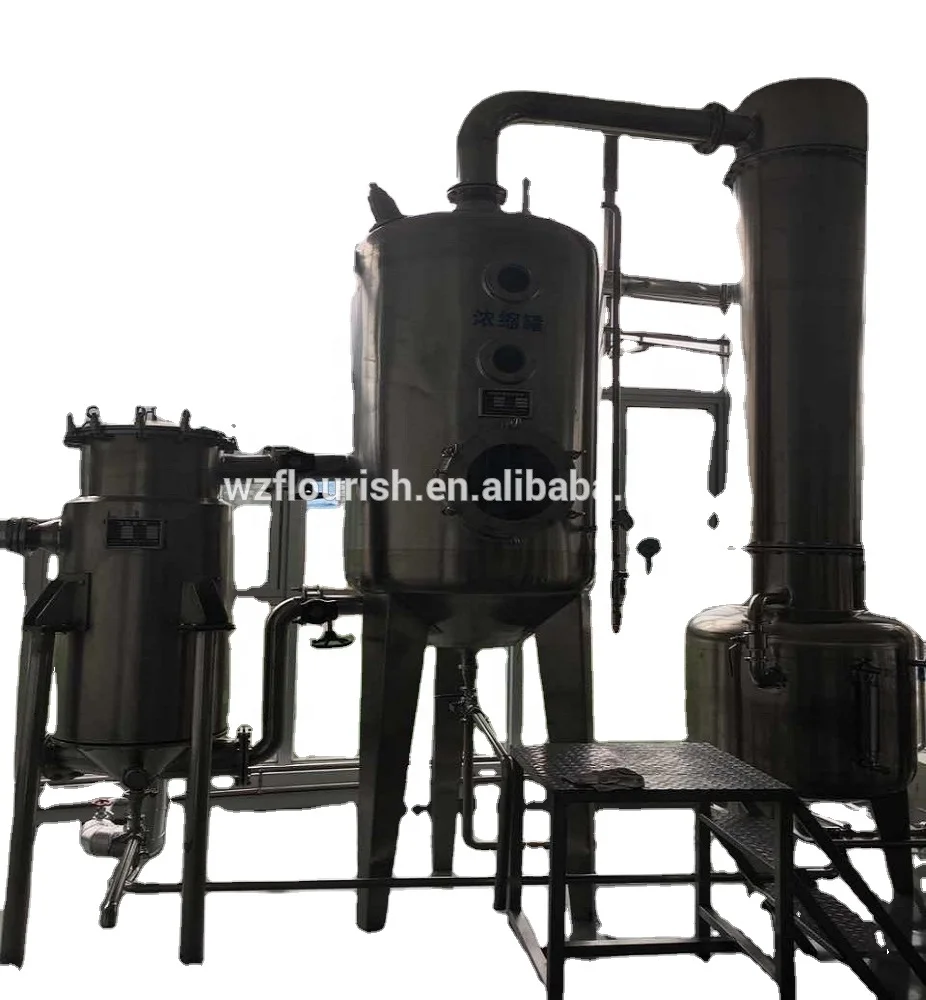
ABOUT
Wenzhou Vince Machinery Science Co., Ltd. was established in early 1980s. Our company covers an area of 6500 square meters and is an independent legal representative firm, possessing rich economic technology strength. Our company is a high tech enterprise and plays an important role in national dairy, foodstuff, pharmacy and machinery industries. We are a beverage machinery supplier.
Since the establishment, our company has mainly engaged in dairy products, foodstuff, beverage machinery, bean products, yellow wine, medicines and fermentation projects. What's more, our company supplies a complete sequence services in manufacturing, installation, test and personnel train, as well as the whole direction service design and consulting service on product project construction or enlargement artistic distribution engineering sets budget.
Innovative Designs for Milk Production
Automated Milking Systems
Traditional hand milking is labor-intensive and time-consuming. Automated milking systems, however, utilize robotic arms and sensors to milk cows individually at their own pace. This reduces stress on the animals, improves milk quality through consistent handling, and allows farmers to allocate time to other crucial farm tasks. The systems also provide real-time data on each cow's milk yield and health, enabling proactive management and early disease detection.
Furthermore, these systems often incorporate features like automated cleaning and disinfection, reducing the risk of bacterial contamination and improving overall hygiene. This contributes significantly to the safety and quality of the final product, increasing consumer trust and potentially commanding higher market prices.
Precision Livestock Farming (PLF) Technologies
Precision Livestock Farming (PLF) leverages technology to monitor and manage individual animals within a herd. Sensors embedded in collars or ear tags collect data on factors such as activity levels, feeding habits, and body temperature. This data is analyzed to identify potential health issues early on, enabling prompt veterinary intervention and preventing costly losses.
The data generated by PLF can also be used to optimize feed rations for each cow, ensuring they receive the optimal nutrients for milk production. This reduces feed waste and improves overall herd efficiency. The improved efficiency translates to lower operating costs and a smaller environmental footprint.
Sustainable Dairy Farming Practices
Innovative designs are also focusing on minimizing the environmental impact of milk production. This includes the development of more efficient manure management systems that reduce greenhouse gas emissions and the use of renewable energy sources to power dairy farms. Precision irrigation techniques minimize water waste, and improved feed formulations reduce the need for resource-intensive feed sources.
Furthermore, many farms are adopting rotational grazing practices to improve pasture health and reduce soil erosion. These sustainable methods not only improve environmental performance but also enhance the overall long-term viability and profitability of dairy farms. The resulting "green" milk is increasingly attractive to environmentally conscious consumers.
SUBSCRIBE
INQUIRY





